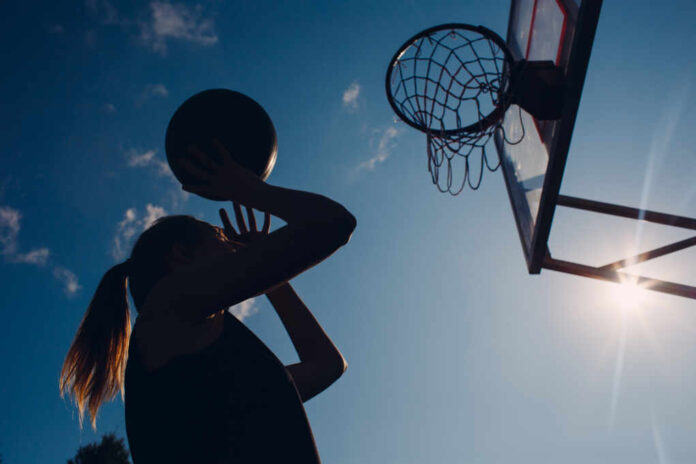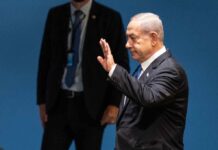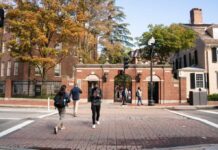
Visa denials have thrown an international basketball training program in Senegal into disarray, spotlighting the broader challenges of sports diplomacy.
At a Glance
- The US denied visas to members of the Senegal women’s basketball team, derailing training plans.
- Tightened US border controls could be expanding to include Senegal in the travel ban list.
- Senegal’s Prime Minister criticized the US decision, cancelling the training camp.
- Visa approvals were limited to renewals, rejecting 12 new applications.
- The US State Department and Embassy offered no comments on the visa rejections.
Visa Challenges Slam Dunk Training Initiative
The denial of essential visas to Senegal’s women’s basketball team by the United States has abruptly halted their preparation for the much-anticipated Afrobasket 2025 tournament. The denial is part of tightened border controls, potentially broadening to include Senegal among 36 nations facing increased travel restrictions. The move has resulted in a significant setback, leaving young athletes without critical training opportunities and casting doubts over the capacity for seamless international sporting collaborations.
Senegal’s Prime Minister Ousmane Sonko voiced his disapproval over the issue, publicly declaring on Facebook that the US training camp cancellation was a direct result of the visa refusals. Only those athletes with existing US visas were granted entry, while twelve fresh applications were denied. The U.S. State Department and Embassy have not commented, maintaining a position of silence amid rising tensions.
Strained International Relations
In the wake of these visa denials, Senegal has expressed dismay through diplomatic channels. The U.S. currently enforces travel bans across twelve countries, exempting only internationally protected events like the World Cup and the 2028 Olympics. Prime Minister Sonko’s gratitude towards China for offering training scholarships reflects deepening ties as Senegal seeks alternative avenues amidst U.S. restrictions. However, the intersection of sports and politics continues to hinder promising athletic opportunities across borders.
“Informed of the refusal of issuing visas to several members of the Senegal women’s national basketball team, I have instructed the Ministry of Sports to simply cancel the ten-day preparatory training initially planned in the United States of America.” – Sonko.
The visa refusals occurred despite 60 days being set for targeted countries to address U.S. concerns, including rates of visa overstays. As Prime Minister Sonko seeks to nurture athletes in a supportive environment, the need for a balanced framework facilitating athletic talent exchange remains paramount.
Conclusion: Reevaluating Bilateral Engagements
The harsh realities facing the Senegalese women’s basketball team highlight urgent calls for more flexible visa protocols to support cross-cultural sports collaborations. Affected by these barriers, Senegal urgently addresses the situation by engaging in dialogue with U.S. diplomatic channels while also exploring alliances with nations like China to maintain international sports participation. As governments navigate international relations, flexibility and diplomacy must enhance sports’ unifying role rather than complicate it.
“Those who held old visas had their old visas accepted, but new requests were rejected.” – President of the Senegalese Basketball Federation.
Through diplomatic intervention and reevaluated policies, nations can work together to realize the full potential of sports as a binding community element, uniting different cultures under the spirit of teamwork and global camaraderie.

























